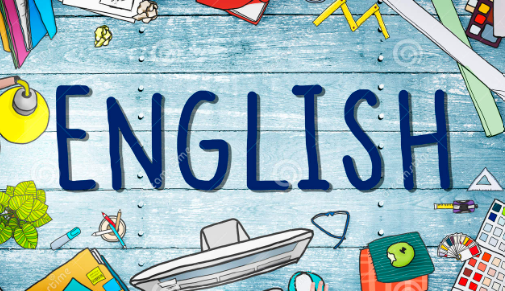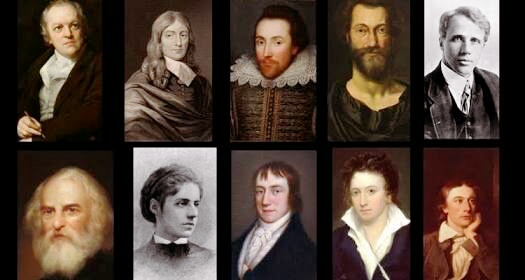- Teacher: SRIVEDA BASWAPOOR
This course is designed to help students make rapid progress in English, and focus on the four key language skills – reading, writing, listening and speaking. It also develops an understanding of some of the major writers and their texts (both poems and prose), along with an ability to comprehend and come up with literary interpretations of the same.

- Teacher: Dr ANAMIKA SUKUL
Course Summary
- Course offering includes computer concepts and the use of information technology in organizations.
- Includes the basics of Windows Operating System and Microsoft Office Suite as applied to basic uses of word processing, spreadsheets, databases, and presentation software, and file and folder management, introduction to internet, WWW and web browser.
- Course offerings provide opportunities for students to learn emerging technologies and upgrade their technical skills.

- Teacher: MAHANTA CHAUHAN
- Teacher: ANU VICTOR
The course in second semester begins with an introduction to the different forms of poetry : elegy, ode, ballad, dramatic monologue, sonnet and epic. All these forms of poetry are introduced through different poetic texts from authors ranging from the 16th century to the 20th century. As the course is all about poetry, the chosen texts offer very interesting insights on the varied themes and sub-themes of life. Although poetry can entertain or amuse, some of the poems draw the attention of the readers towards certain critical themes that train the students in observation and critical thinking.

- Teacher: Dr. MAITHRY SHINDE
It may appear to some that the concepts such as State, Liberty, Equality, Justice, Government are static. In this course, we find that these and related concepts have been understood and interpreted differently in different historical contexts. We explore the nature of these and other related ideas by exploring select Western Political thinkers and scholars such as Plato, Aristotle, Aquinas, Machiavelli, Hobbes, Locke, Rousseau, Bentham, J.S. Mill, Hegel, Marx etc. We focus on their questions about the political community, social order, and human nature.

- Teacher: Dr. RAMESH KUMAR